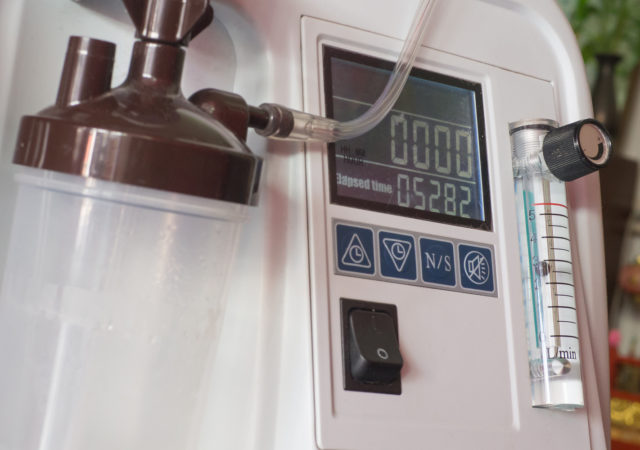When you apply for Medicare, you are entitled to a wellness visit, where you and your doctor come up with a personal plan that prevents serious illnesses and ensures your physical and mental wellbeing. It may sound like the routine physical you get from your doctor, but it’s basically a meeting between you and your care provider. Here’s what you can expect.
1) No physical inspection or tests: Unlike a physical exam, your doctor isn’t going to be conducting any health tests. In fact, you don’t even have to remove your clothes.
2) A thorough review of your medical history: The physician will note down any family history of cancer as well as other serious conditions that may run in your family. She might also take a note of past illnesses or surgeries you may have had. The goal is to get as clear a picture of what you may be at risk for.
3) An assessment of your current lifestyle: Do you smoke? How much exercise do you get daily? How many alcoholic drinks do you have in a week? These are questions you should expect to answer on your wellness visit. This gives the physician a clear idea of future risks and he may suggest easy lifestyle changes to keep you healthy longer.
4) A list of current medications and a health plan: Your list of medications includes prescription drugs as well as any over the counter medication such as aspirin. Your physician might also create a list of preventative health screenings that you will need.
5) A discussion on common senior wellness topics and mental health: An assessment for depression and cognitive impairment is part of the wellness visit. You will also go through a checklist of what is called ADL (Activities of Daily Living) such as dressing yourself or taking a shower and discuss how well you do on them.
After your first visit, you are entitled to follow up visits called Annual Wellness Visits. These can be scheduled every 12 months, and will include an assessment of new health concerns or any updates to your history. Both the initial wellness visit and the Annual wellness visit do not require copays and are completely covered by Medicare. They are a great way to stay on top of your health and really pay off when it comes to preventative care.








